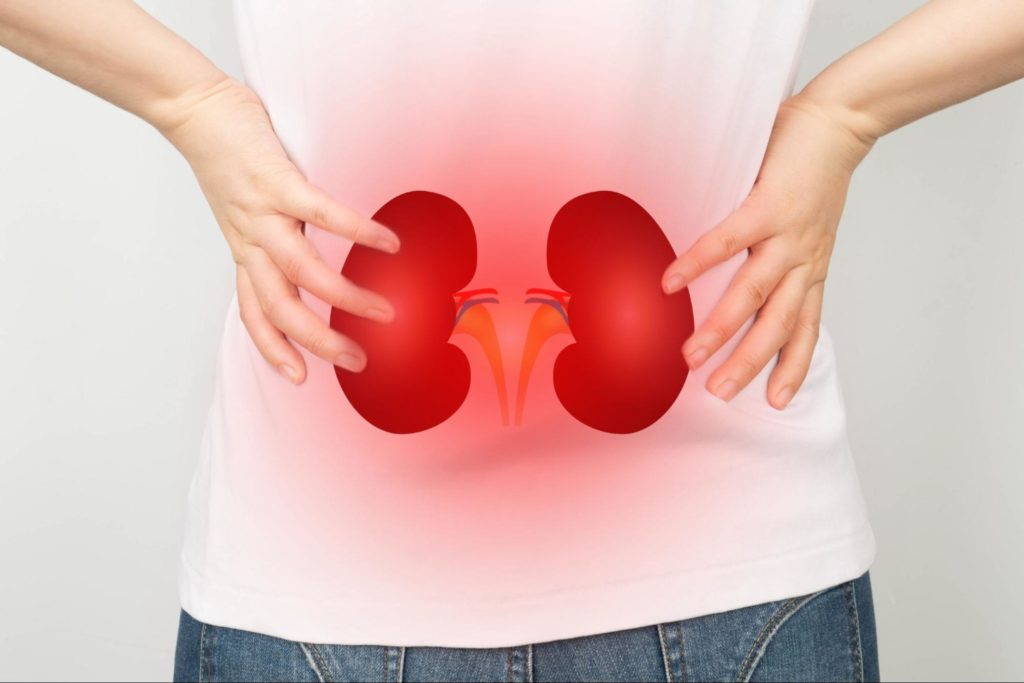
Kidney disease is often referred to as a “silent disease” because many individuals do not experience symptoms until the condition has significantly progressed.
However, early detection is crucial for managing and slowing the progression of the disease.
Understanding the signs and symptoms of kidney disease can lead to timely intervention and better health outcomes.
Changes in Urination
One of the earliest indicators of kidney disease is changes in urination. Individuals may notice an increased need to urinate, especially at night. The appearance of urine can also change, becoming foamy or bubbly, which indicates the presence of protein, or it may appear dark and cloudy. Additionally, a burning sensation or pain while urinating can be a warning sign. Keeping a log of urination patterns and consulting a healthcare professional if significant changes are noticed can help in early detection. Regular urine tests are also beneficial in identifying abnormalities early on.
Swelling of Ankles
Swelling, or edema, is another common symptom of kidney disease. This swelling typically occurs in the ankles, feet, or hands due to fluid retention. Puffiness around the eyes, especially in the morning, can also indicate kidney issues. To manage swelling, reducing salt intake is essential as it minimizes fluid retention. Consulting a doctor for appropriate diuretics or other medications can also help manage this symptom effectively.
Fatigue and Weakness
Fatigue and weakness are often experienced by individuals with kidney disease due to anemia. Healthy kidneys produce a hormone called erythropoietin, which helps create red blood cells. When kidney function declines, this hormone production drops, leading to anemia and resulting in fatigue and weakness. Ensuring a diet rich in iron, vitamin B12, and folic acid can help manage anemia. Additionally, doctors may prescribe erythropoiesis-stimulating agents (ESAs) to boost red blood cell production.
Itchy Skin
Skin issues, such as dry and itchy skin, can be a sign of mineral and bone disease, which often accompanies advanced kidney disease. A noticeable change in skin color, such as a yellowish or pale hue, can also be indicative of kidney problems. Using moisturizers can alleviate dry skin, and consulting a healthcare provider for treatments to manage mineral imbalances is advisable.
Shortness of Breath
Shortness of breath can occur when kidneys fail to remove excess fluid, leading to fluid accumulation in the lungs. Anemia, which reduces the oxygen-carrying capacity of the blood, can also lead to breathlessness. Monitoring fluid intake and following a low-sodium diet can help manage fluid levels. Medications to treat anemia and manage fluid levels may also be recommended by healthcare providers.
Nausea and Vomiting
Nausea and vomiting are symptoms that arise as kidney function declines and waste products build up in the blood. Following a kidney-friendly diet that limits protein, potassium, and phosphorus intake can help manage these symptoms. Medications may also be prescribed to alleviate nausea.
Loss of Appetite
Loss of appetite is another symptom of kidney disease, often caused by changes in metabolism and the buildup of waste products. Eating small, frequent meals and focusing on nutrient-dense foods can help maintain nutrition. Nutritional supplements may also be recommended by healthcare providers.
Muscle Cramps
Muscle cramps can occur due to imbalances in electrolytes such as calcium and phosphorus. Maintaining a balanced diet and staying hydrated are essential in managing these imbalances. Doctors may prescribe supplements or medications to correct electrolyte levels.
High blood pressure
High blood pressure, or hypertension, is both a cause and a consequence of kidney disease. Kidneys help regulate blood pressure, and kidney disease can lead to hypertension, which in turn can further damage the kidneys.
Monitoring blood pressure regularly and following a heart-healthy diet are crucial. Medications to control blood pressure may also be necessary.
If any of these symptoms are experienced, it is important to consult a healthcare professional. Early detection through regular check-ups and screenings can help manage the disease and prevent further complications. Understanding and recognizing the signs of kidney disease can lead to early intervention and better management of the condition. For individuals with risk factors such as diabetes, high blood pressure, or a family history of kidney disease, regular monitoring and proactive healthcare are essential.
By staying informed and vigilant, individuals can take steps to protect their kidney health and overall well-being. Early intervention and appropriate management can significantly improve the quality of life for those affected by kidney disease.
 GhArticles.com Every News in Detail
GhArticles.com Every News in Detail



